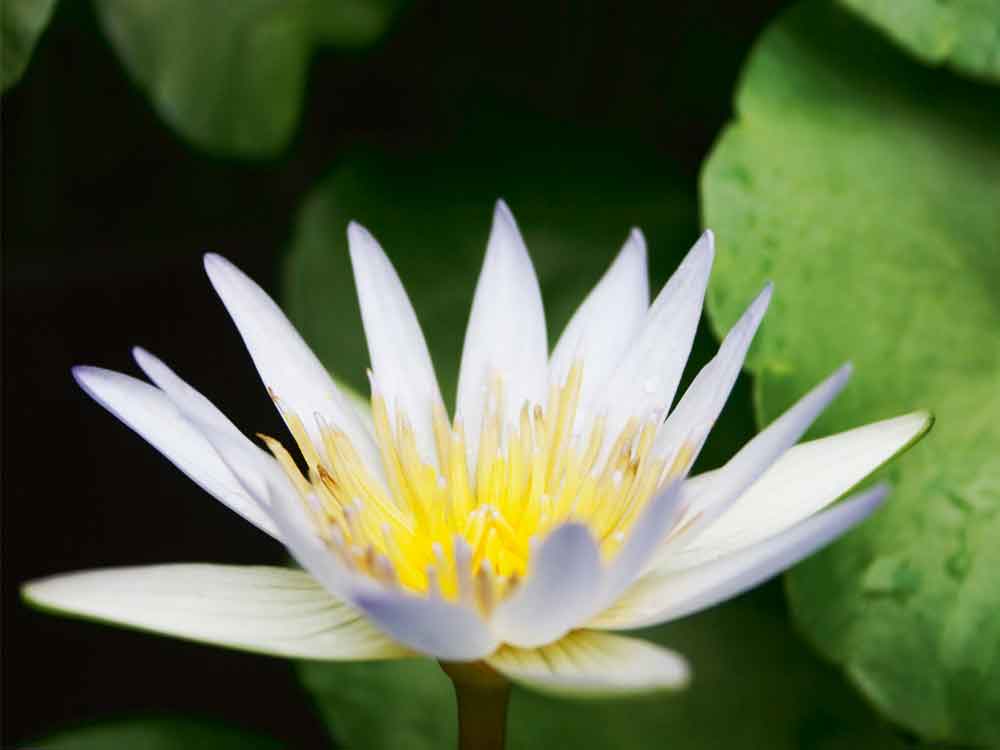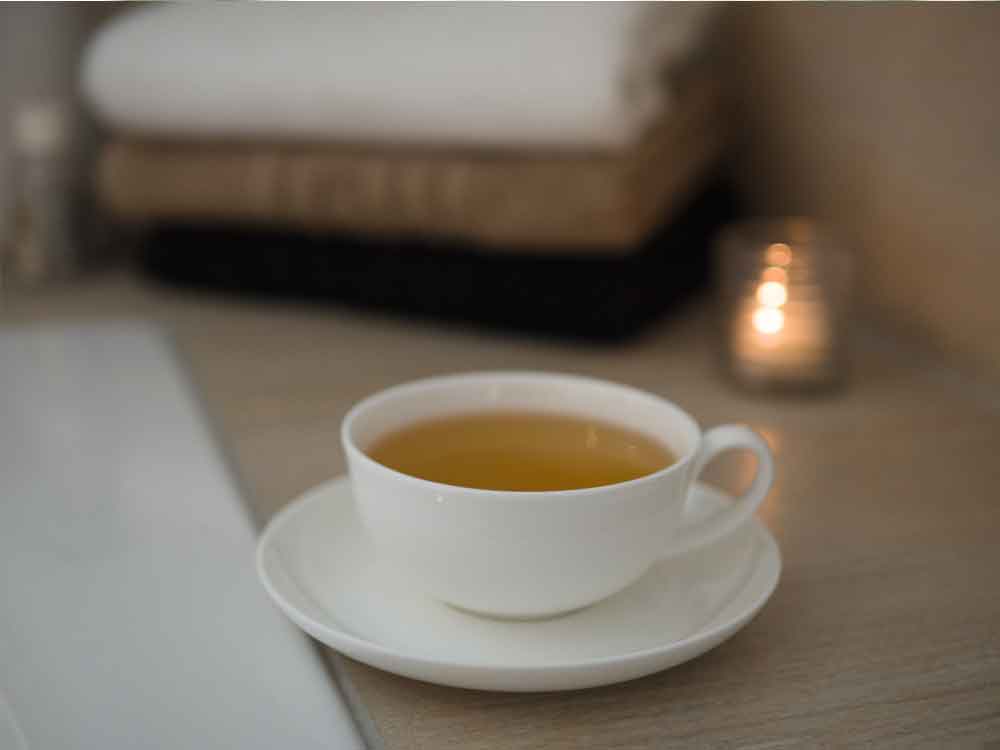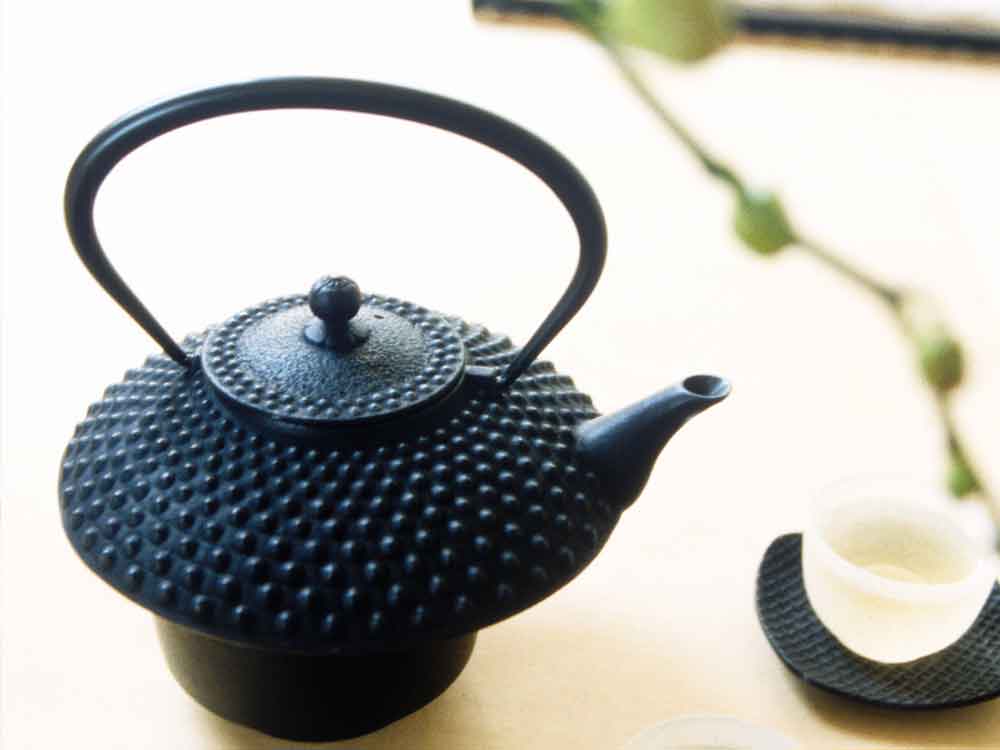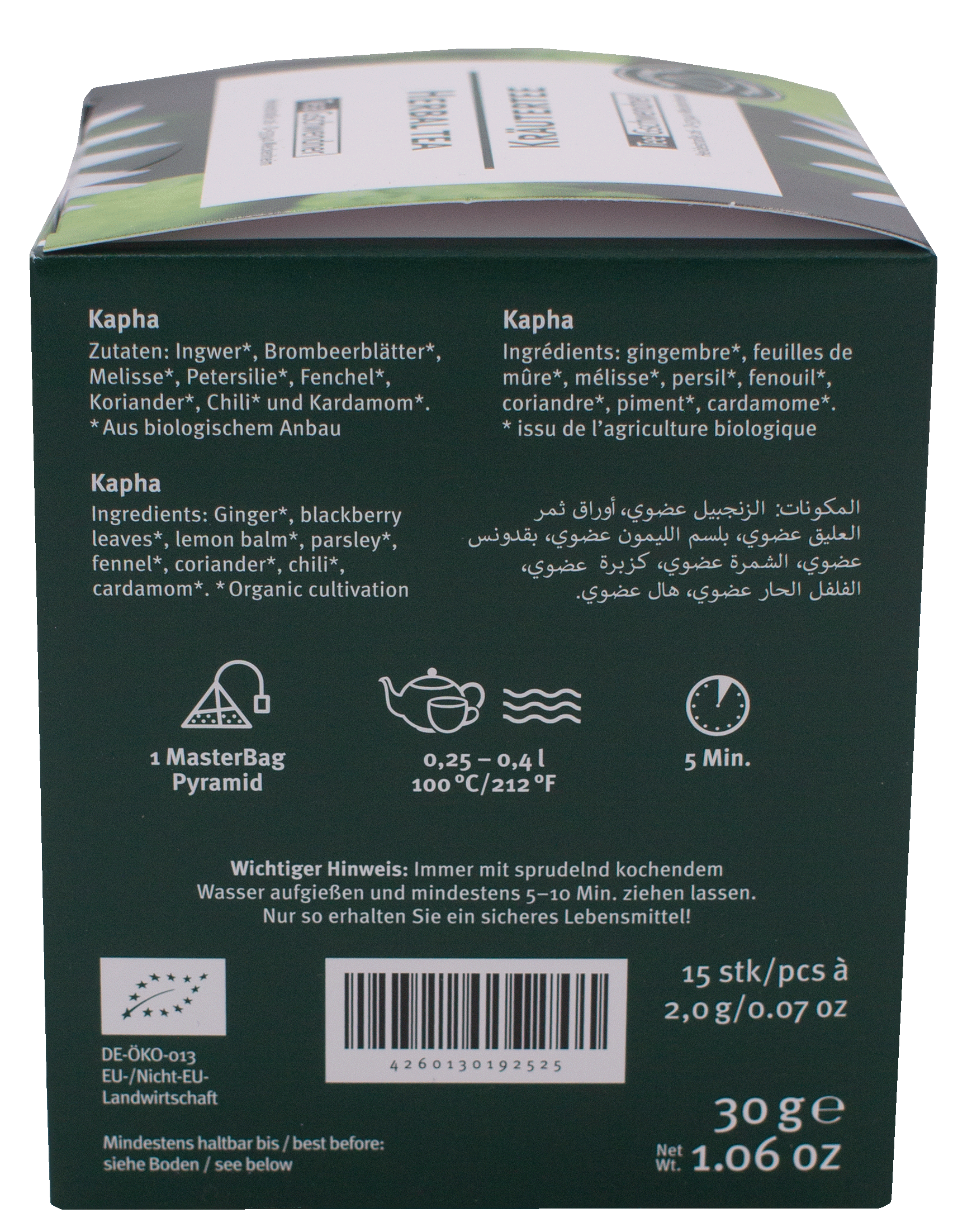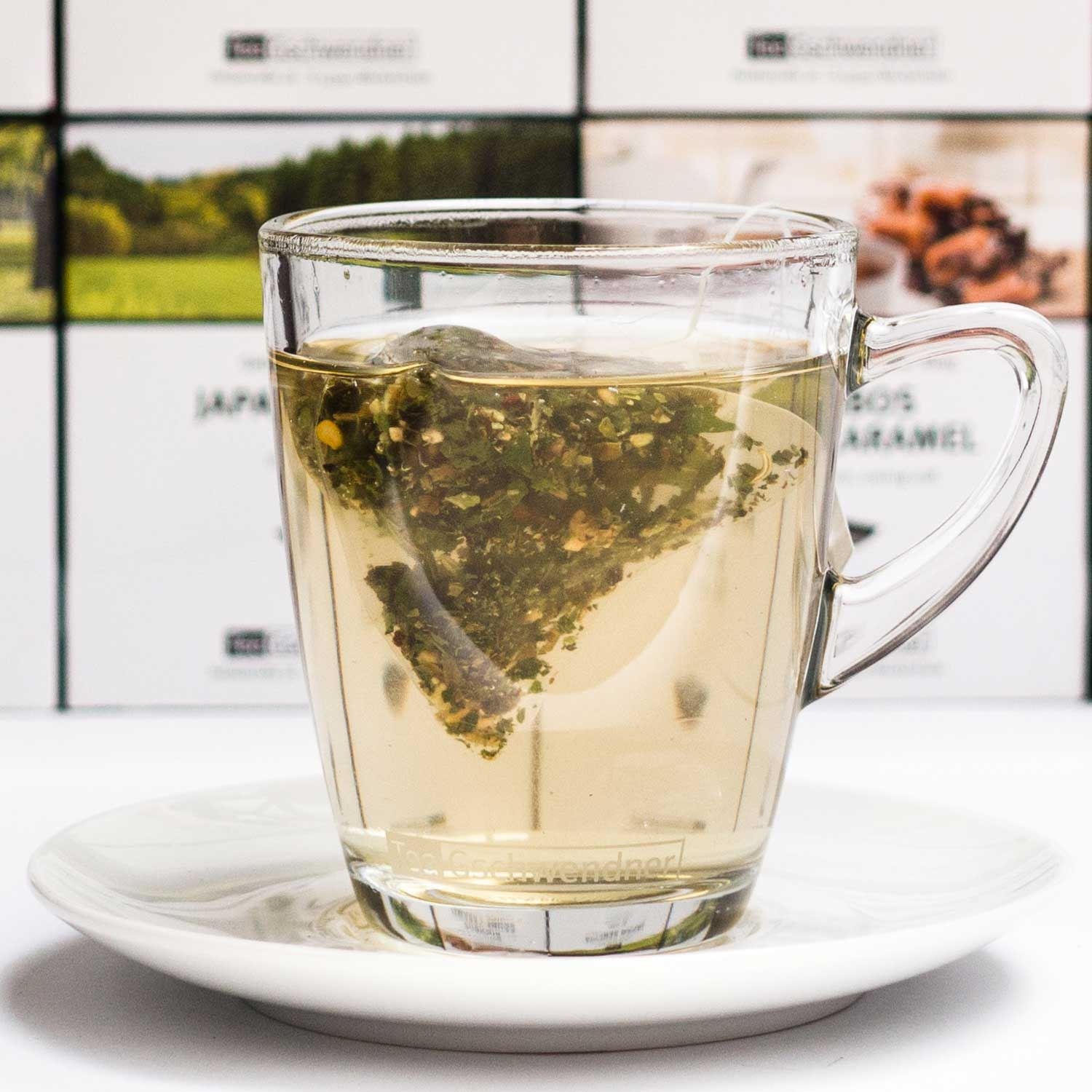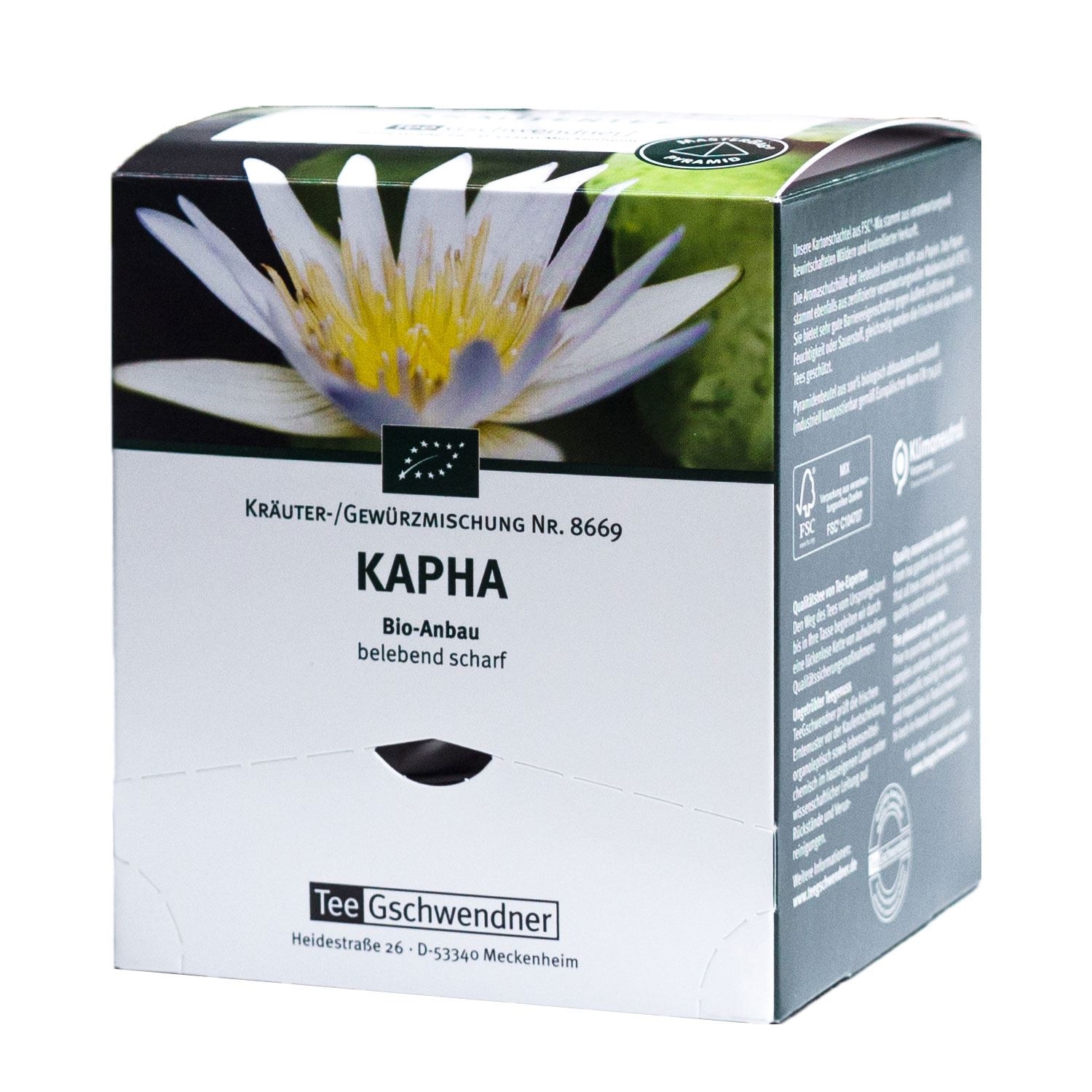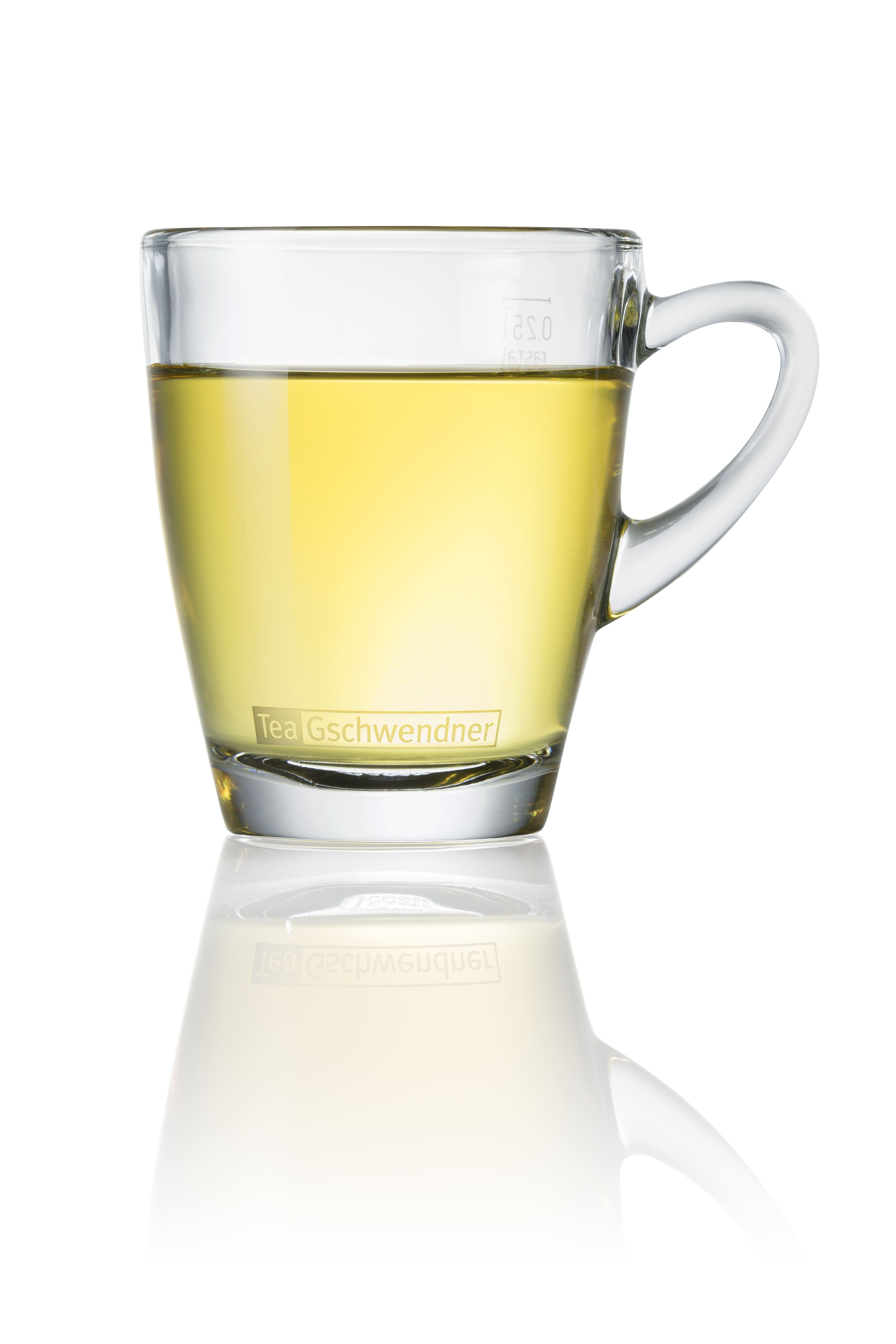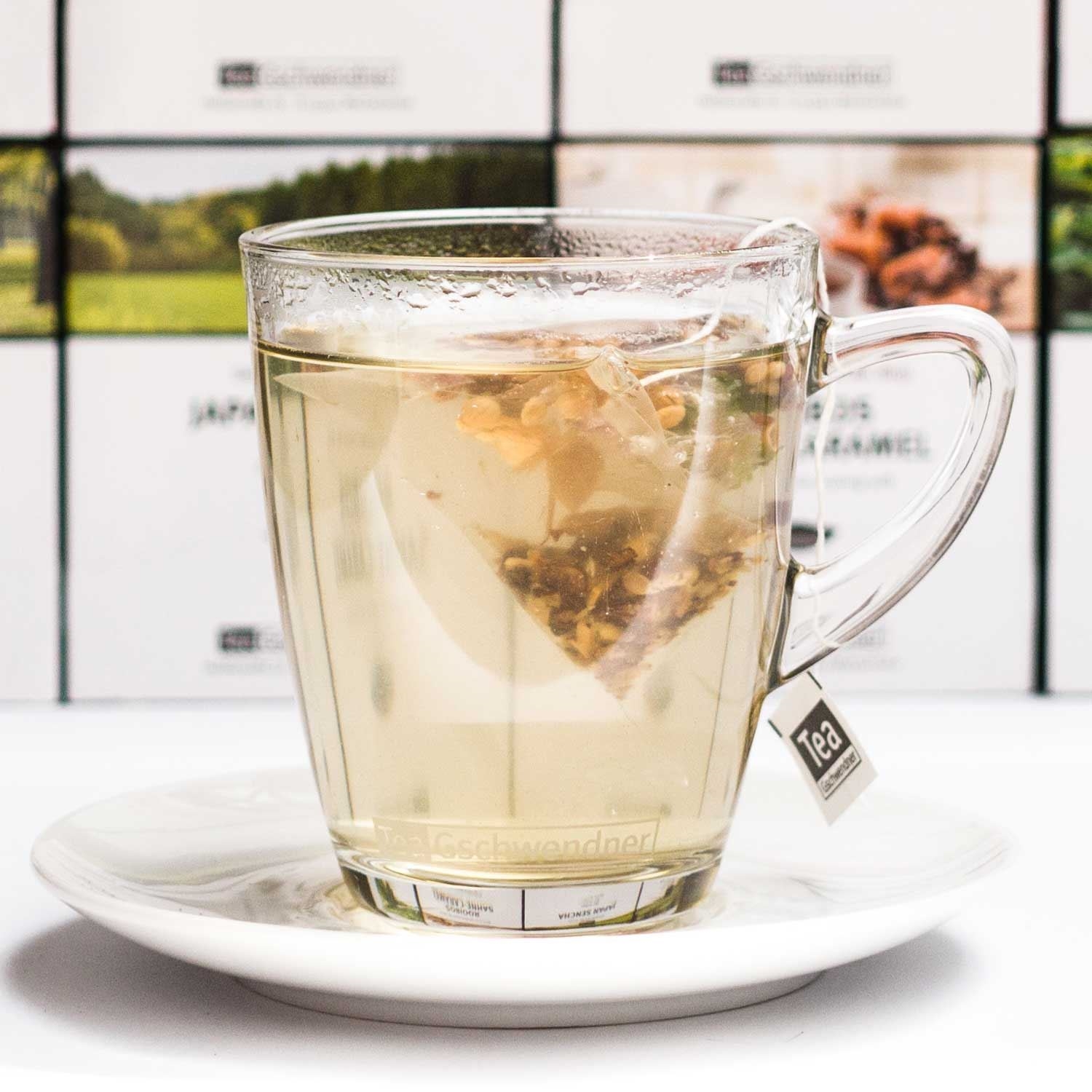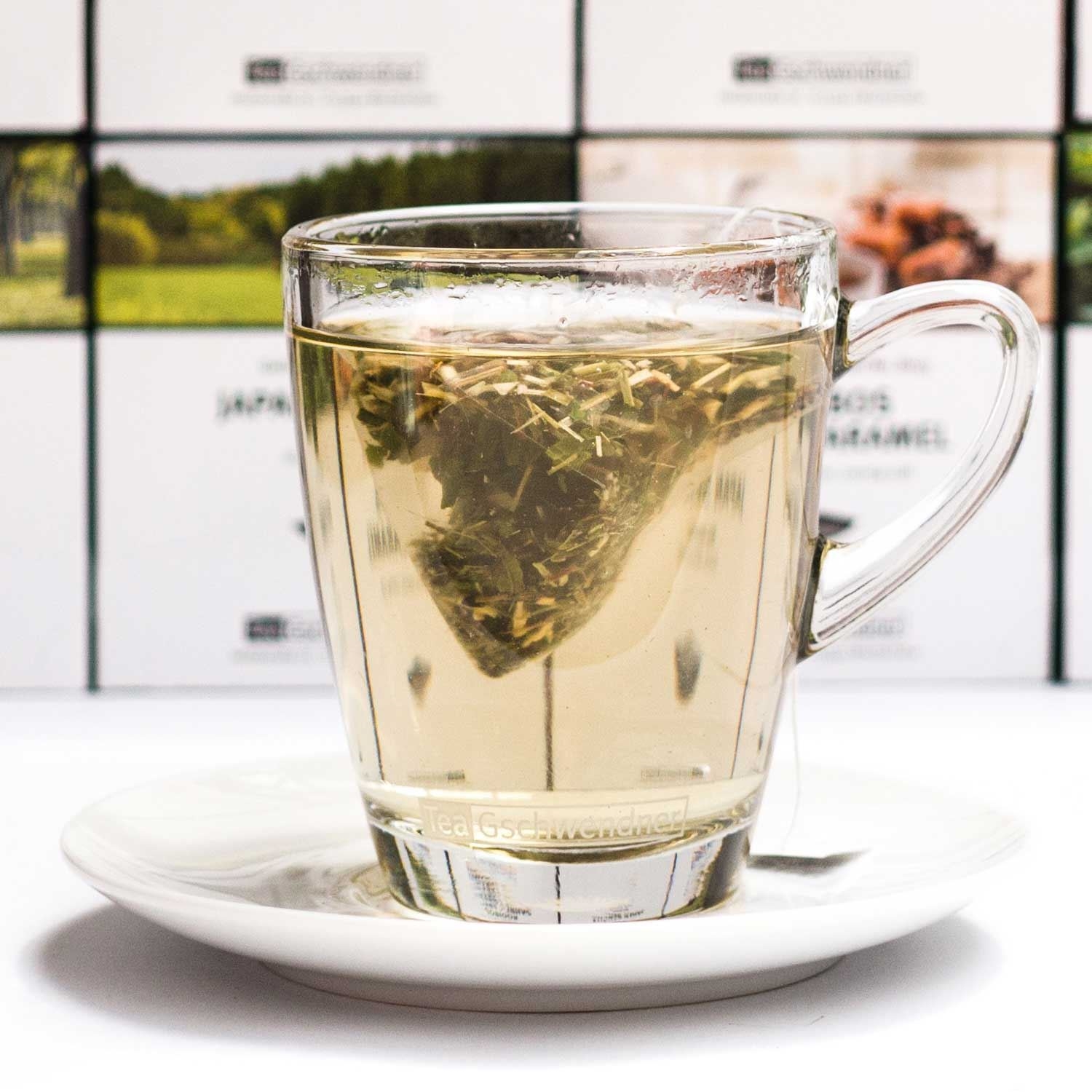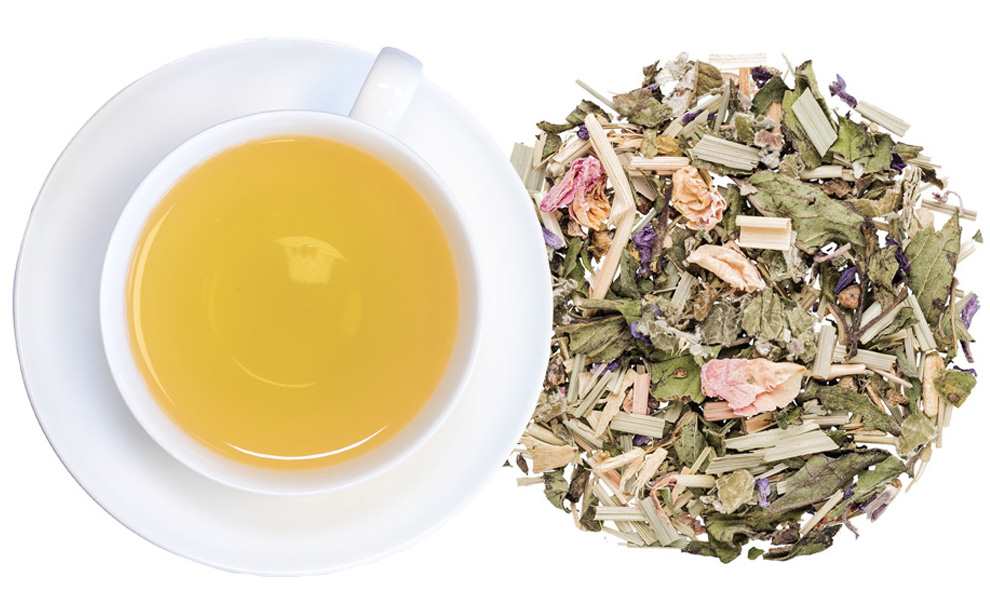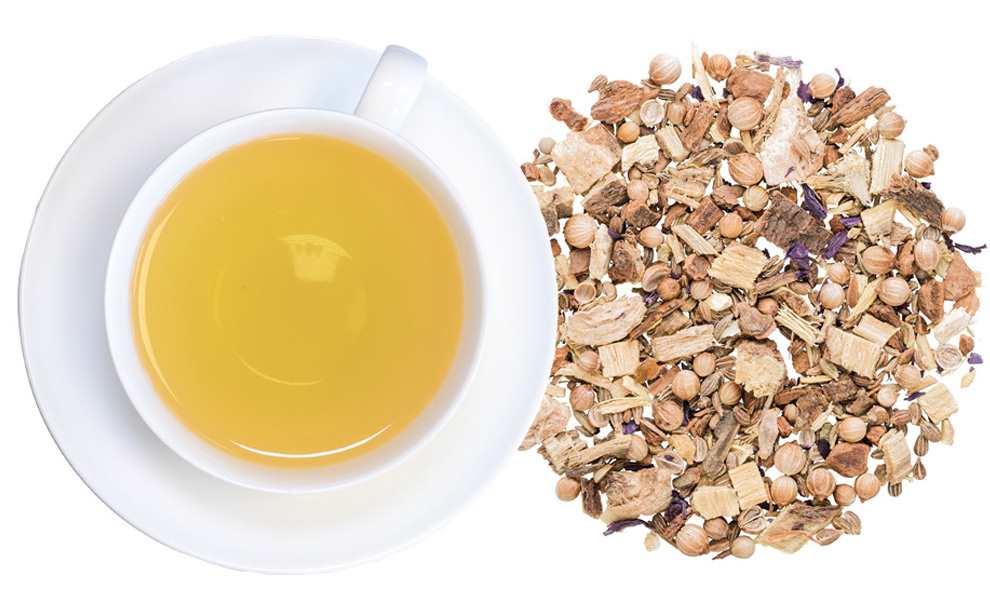What many do not know: Ayurveda is much more than oil massage or relaxation treatment. Ayurveda is an ancient science that originated in traditional Indian philosophy and was first described in the ancient Indian scriptures "Vedas". The term Ayurveda is composed of "Ayu" - life - and "Veda" - knowledge - and is therefore also called the teaching of life or the knowledge of life. Yoga and meditation also have their roots in the Vedic sciences. Long forgotten in India, Ayurveda experienced a renaissance, mainly on the initiative of the Vedic master Maharishi Mahesh Yogi, who opened up the ancient knowledge to the modern age. For about 20 years, Ayurvedic experts as well as Western doctors and scientists have been working on this comprehensive topic.
Ayurvedic view of man
In Ayurvedic teachings, the human being is not viewed in isolation, but as a unity of body, mind and soul in its interrelation with the environment and nature. Every human being differs from all others through his or her individual physical and psychological constitution. With a comprehensive, holistic view of nature, of the human being in nature and all the factors surrounding and influencing him, Ayurveda is a health teaching with an emphasis on health. While today's orthodox medicine mostly looks at illness and its symptoms, thus analysing the body separately from the mind or other influences, Ayurveda has a completely different starting point: the balance or rather the equilibrium of the 3 all-determining principles Vata, Pitta and Kapha.
The 3 Doshas
Ayurveda is also the knowledge of the three doshas named Vata, Pitta and Kapha. These in turn are influenced by the 5 elements space, air, fire, water and earth. Therefore, it is not surprising that the term "dosha" translated means "influencing factor". Every human being is characterised by an individual blueprint, an individually pronounced influence of these all-determining 5 elements. Every life is made of the same "building blocks". Thus Vata, the "movement principle", is characterised by space and air. Fire and water characterise the "metabolic principle" Pitta, the "structural principle" Kapha is derived from the elements earth and water. From birth, every human being carries all three doshas in different combinations, interacting and permanently changing. The combination determines the predominant individual constitution of a person, his or her current state of mind. In every individual all doshas are working, but one or the other is in the foreground. Besides the "pure" constitution types, there are the so-called mixed types with two dominant doshas, but also the three-dosha type, in which the dominances are equally distributed (10 types in total). There are no good or bad constitution types.
Kapha - The structural principle
... is essentially influenced by the element water (and earth besides), through which it has a unifying effect. Where otherwise there would only be dryness and drifting, water holds together and enables new structures and growth. Kapha gives people strength, stability, suppleness and structure, it keeps the fluid balance in equilibrium and is an energy donor. A balanced Kapha gives strength, endurance, a good immune system, patience and mental stability. The properties of Kapha are heavy, oily, cold, tough, firm, soft and sweet.

